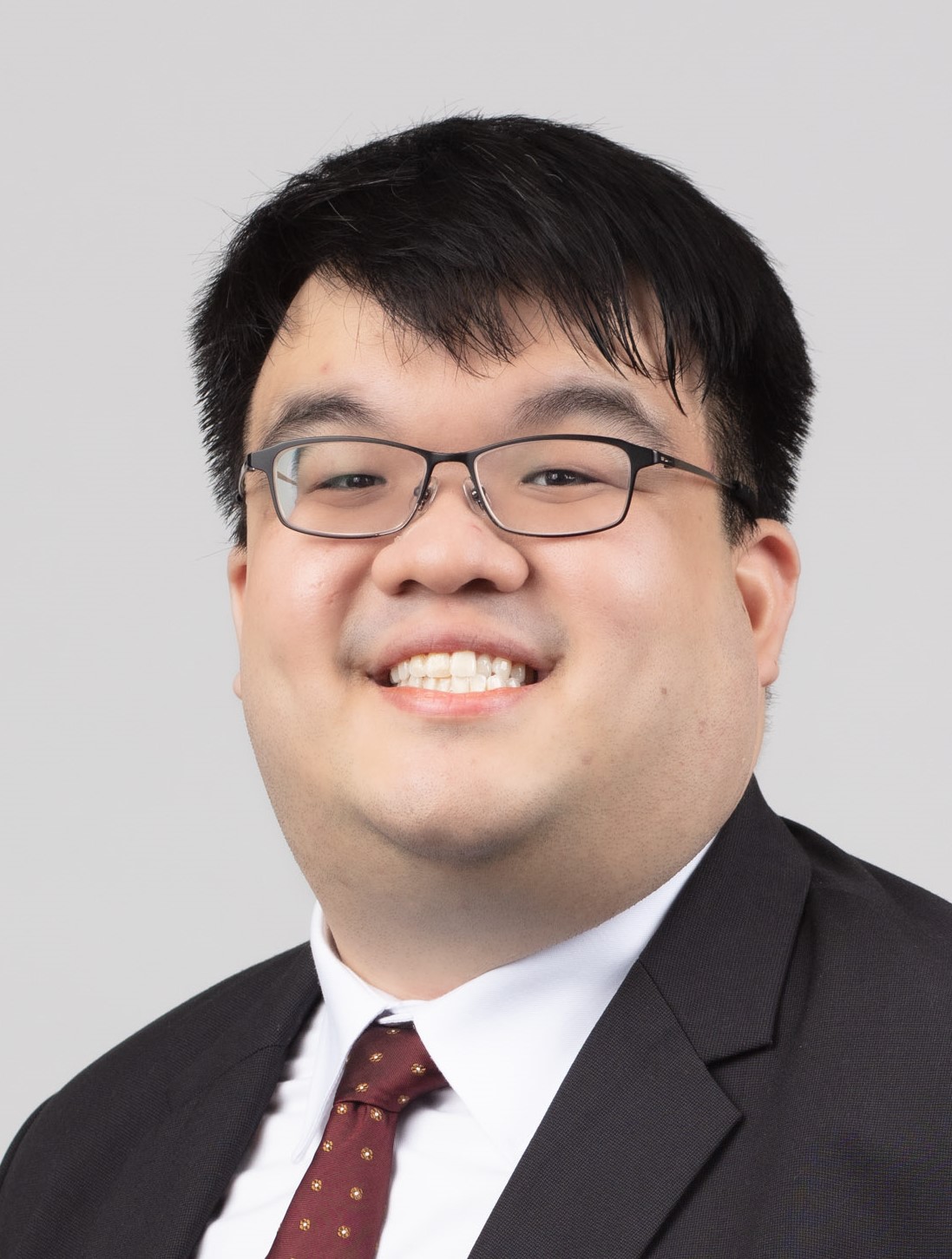| |
Advanced Certificate in Law and Technology |  | | Module 8: Crimes of the Digital Economy | | |  | Bryan Leow
Senior Librarian, Law
Singapore Management University |
| | | SYNOPSISOnline scams, cyberattacks and breaching of online security have changed the game of crime, leaving the society more vulnerable than ever. Be it an individual or a business entity, confidential information is the new gold for cybercriminals, and the need to be responsible and vigilant lies in everyone who is connected to the internet. This module examines the various digital ecosystems and offers insight on the implications of cybercrime. Participants will also learn preventive measures and build immunity against cybercrimes. This module is part of the Advanced Certificate in Law and Technology. LEARNING OBJECTIVES - Differentiate between computer crime and computer assisted crime
- Understand what digital evidence is and why computer forensics are important
- Appreciate the transnational implications of cybercrime, difficulties of enforcement and investigation
- Understand the ecosystem of online cheating, digital payments and money laundering
- Understand the ecosystem of cyberbullying, stalking and online harassment
- Understand Computer Misuse Act offences (offences against the availability, integrity, confidentiality of computers and data)
- Appreciate the issues posed by state-sponsored cyberattacks
WHO SHOULD ATTEND - Practicing lawyers and Legal Services Officers
- Paralegals
- Allied Legal Professionals (e.g. Legal Technologists)
PREREQUISITE - A Bachelor's Degree; or
- A Diploma with at least 3 years of working experience
ASSESSMENT As part of the requirement for SkillsFuture Singapore funding, there will be an assessment conducted at the end of the course. CERTIFICATION Upon meeting the minimum attendance requirement (>75%) and passing the assessment, participants will be awarded a digital Certificate of Participation after each module. For a complete certificate, participants are required to take 7 out of the 10 modules in accordance to the pathway of their choice. The pathways are created based on job profile and the module requirements for each pathway vary accordingly. - Innovator
For those looking to transform their practice
Modules 1, 2, 4, 7, and any three remaining modules
- Researcher
For those interested in frontier issues in technology law
Modules 1, 5, 6, 7, and any three remaining modules
- Practitioner
For those looking to update themselves on growing areas of practice
Modules 1, 7, 8, 9, and any three remaining modules
The modules offered under each pathway are organised into the following categories to better facilitate participants’ selection of modules and learning. - Foundation Knowledge
- Legal Technology
- Technology Law
- Impact of Technology on Law
The exact combination will depend on the chosen learning pathway of each individual participant. After selecting their pathway, participants may then choose any other 3 modules for their electives. Participants without legal training are required to take Module 1, in addition to the 3 core and 3 elective modules, in order to qualify for the full certificate. Module 1 is NOT recommended for those with legal training as it covers basic legal concepts.
SPEAKERBryan Leow is presently the Associate Librarian, Law, at the Singapore Management University. Prior to this, Bryan held various positions in public service, such as: Assistant Director (Enforcement Policy and Legal), Monetary Authority of Singapore; Judicial Associate, State Courts of Singapore; and Deputy Public Prosecutor, Financial and Technology Crime Division, Attorney-General's Chambers. Bryan has acted in civil and criminal matters (including investigations into securities fraud, market manipulation, and crypto-related activities). He is also well-acquainted with the operations and policies of regulatory bodies and inquisitorial systems.
Bryan graduated with an LLB (Hons) from the National University of Singapore in 2015, in the top 10% of his cohort, and consistently featured on the Dean's List. He was called to the Singapore Bar in 2016 after completing his practice training under a Senior Counsel.
Bryan's research interests include criminal law (in particular securities and tech-related criminal offences), company law and legal UX design.
FEES AND FUNDING | | 
SCHEDULE 11 - 12 Dec 2025, 9am - 5pm | | | DURATION 2 days | | | VENUE Singapore Management University | | | PUBLIC CPD POINTS 12 points (6 points per day) | | | PRACTICE AREA Crime | | | TRAINING LEVEL Foundation | | | POLICIES View course policies. |
|
|
| | For Singapore Citizens below 40 years old / Permanent Residents / LTVP+
(Individuals must be at least 21 years old) | Singapore Citizens aged 40 and above | International Participants | SELF-SPONSORED | $6541 | $2543 | $2,180 | SME-SPONSORED | $2542 | $2543 | $2,180 | NON
SME-SPONSORED | $6541 | $2543 | $2,180 |
All prices include 9% GST
1Up to 70% course fee funding
2Up to 90% course fee funding for employees of SMEs under Enhanced Training Support for SMEs ("ETSS")
3Up to 90% course fee funding under SkillsFuture Mid-Career Enhanced Subsidy ("MCES")
For more information, please refer to https://academy.smu.edu.sg/graduate-certificate-law-and-technology-5906.
SILE ATTENDANCE POLICY Participants who wish to obtain CPD Points are reminded that they must comply strictly with the Attendance Policy set out in the CPD Guidelines. For this activity, participants are reminded to sign in on arrival and sign out at the conclusion of each day of the event in the manner required by the organiser. Participants must not be absent from each day of the event for more than 15 minutes. Participants who do not comply with the Attendance Policy on any particular day of the event will not be able to obtain CPD Points for that day. Please refer to www.sileCPDcentre.sg for more information.
Jointly organized by:

To subscribe/ unsubscribe from The SMU Law Academy mailing list, please click here. |
|
|